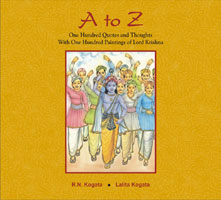
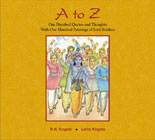
A to Z...
A to Z
One Hundred Quotes and Thoughts by: R.N. Kogata , Lalita KogataThe 100 inspirational quotations compiled herein speak to the soul, and the thematic art works that are a visual delight, are all about leading a happy, successful life even in the face of odds.
₹220.00 Original price was: ₹220.00.₹198.00Current price is: ₹198.00.
ISBN: Array
Year Of Publication: 2012
Edition: 1
Pages : 108
Language : English
Binding : Hardcover
Publisher: D.K. Printworld Pvt. Ltd.
Size: 17
Weight: 225
The 100 inspirational quotations compiled herein speak to the soul, and the thematic art works that are a visual delight, are all about leading a happy, successful life even in the face of odds. The quotes become handy in certain situations when one looks around for some advice or encouragement.


“A to Z” Cancel reply
- Sale!Bhajan Sarovar Part II by: Lata Mittal
₹170.00Original price was: ₹170.00.₹153.00Current price is: ₹153.00.This book is a collection of more than 350 bhajans. It has an amalgamation of old and new bhajans. Its bhajans are different from that of Bhajan Sarovar (Part 1). It is a rare kind of collection which all householders would like to keep in their house forever.
- Sale!Aitareya Upanisad by: Swami Muni Narayana Prasad
₹110.00Original price was: ₹110.00.₹99.00Current price is: ₹99.00.Yet another masterly piece of Hindu spiritual wisdom, Aitareya essentially reinforces the grand Upanishadic message which is neither a picturesque mythology nor a promise of heaven nor a threat of hell. It is yet another reminder (from the ancient seers) of our cosmic connection showing how this universe, this phenomenal world of ours, and all that is created, whether movable or immovable, are unfolded from one primeval casual Reality: atman, variantly called the Supreme Spirit, Pure Consciousness or Prajnanam Brahma; and how, in turn, atman perceives itself as the one underlying substance of all these phenomena. A distinguished exponent of Vedanta, Swami Muni Narayana Prasad reinterprets this Upanishad, developing refreshing insights into its textual discourse, its meaning, and its message. Also included in this critical commentary are its original Sanskrit text, Romanised transliteration, and verse for verse English translation. Appended to the Rigveda, Aitareya Upanishad comprises three chapters (IV-VI) of the Aitareya-Aranyaka which, in itself, is a continuation of Aitareya Brahmana. And as one of the principal Upanishads is invaluable as much to the discerning readers as to the scholars of Indian philosophy.
- Sale!Aesthetics by: S.K. Saxena
₹1,100.00Original price was: ₹1,100.00.₹990.00Current price is: ₹990.00.This work may well be expected to serve as an introduction to the study of aesthetics, suitable alike to the needs of our students and the general reader. A fair part of it deals with some of the more difficult concepts and problems one encounters in contemporary Western philosophical discourse on art. At the same time, the book is studded with illustrative references to contemporary aesthetic practice in India. This is true of almost every individual chapter; and the close is provided by a critical and comprehensive, yet intelligible account of the Indian theory of rasa, to which some eminent Western aestheticians, such as Susanne K. Langer and Harold Osborne, have referred admiringly in some of their basic writings.
What should make this book specially attractive to enquiring readers is its consistent attempt to reflect on teasing aesthetical questions with clarity.
- Sale!Acharya Shankar Krita Brahmasutra Adhyasabhashya by: kapil Gautam
₹350.00Original price was: ₹350.00.₹315.00Current price is: ₹315.00.Adyasavada is the key principle of Advaita Vedanta. Basic premise of this theory is Adhyasabhashya. Before interpreting the first brahmasutra (athat¯o brahmajijnasa (Br.Su. 1.1.1), Acharya Shankara submitted a valuable commentary known as Adhyasabhashya. The book presents a comprehensive study of Adhyasabhashya in the light of Panchapadika of Padmapada, Bhamati of Vacaspati Mishra, Vivarana of Prakashatma Yati, Ratnaprabha of Govindananda Yati and other Vedantic texts. The numerous curiosities associated with Adhyasabhashya have been resolved in the present book: What is the format of Adhyasabhashya? Without commentary on any sutra can Adhyasabhashya be considered as a commentary? Adhyasabhashya begins with sentence yushmadasmatpratyayagocara so Adhyasabhashya consists mangalacharana or not? What is the purpose of Adhyasabhashya?
Adhyasa principle is the cornerstone of Shankaravedanta. This is the theory of error of Shankaravedanta. In the context of theory of error Shankara proposed the theory of Anirvacaniyakhyativada and refuted all prior theories of error. In this book the commentaries of Brahma-Sutra and Shariraka-Bhashya and definition, causes, types, and results of adhyasa have been analysed in detail.
Although it is difficult to write something about complex and difficult theory of Adyasavada, an endeavour is being made to bring out the theory of Adyasavada for scholars through this book. - Sale!Advaita by: A. Ramamurty
₹480.00Original price was: ₹480.00.₹432.00Current price is: ₹432.00.For over a millennium, Shankaras advaitism: non-dualism, has been exposed to extensive discussion, debate, and even polemic. In modern times, it has often been viewed as a system of metaphysical thought, involving a set of several subtle, though interrelated, doctrines which all have the Upanishads at their base. But, wittingly or unwittingly, modern theoreticians/scholars tend to gloss over Shankaras acumen as a philosophical analyst though his interpretations of the Upanishadic writings have indisputably shown his uncommon, rather unrivalled, genius for logic and meticulous philosophical analysis. Professor Ramamurtys work is, thus, a departure from run-of-the-mill studies attempting, as it does, an indepth conceptual analysis of advaita vedanta. The book does not just present advaita as a system of metaphysical thought. It is essentially an off-beat effort seeking to philosophically analyse the concepts of Atman, Brahman, and the World which not only count among the fundamental concepts in the philosophic thought of the Upanishads, but also help capture the true meaning, profoundity, richness and beauty of Shankaras advaita itself. Also, in the specific contexts of Shankaras philosophy vis-a-vis the Upanishadic texts, Professor Ramamurty tries to explore, perhaps for the first time, the meaning and functions of language and the problem that stem from it. Highlighting Shankaras advaitism: his insistence on the oneness of Brahman, the book offers a unique philosophic representation of the Upanishadic vision, which the scholars of classical Indian philosophy and discerning readers would love to share alike.



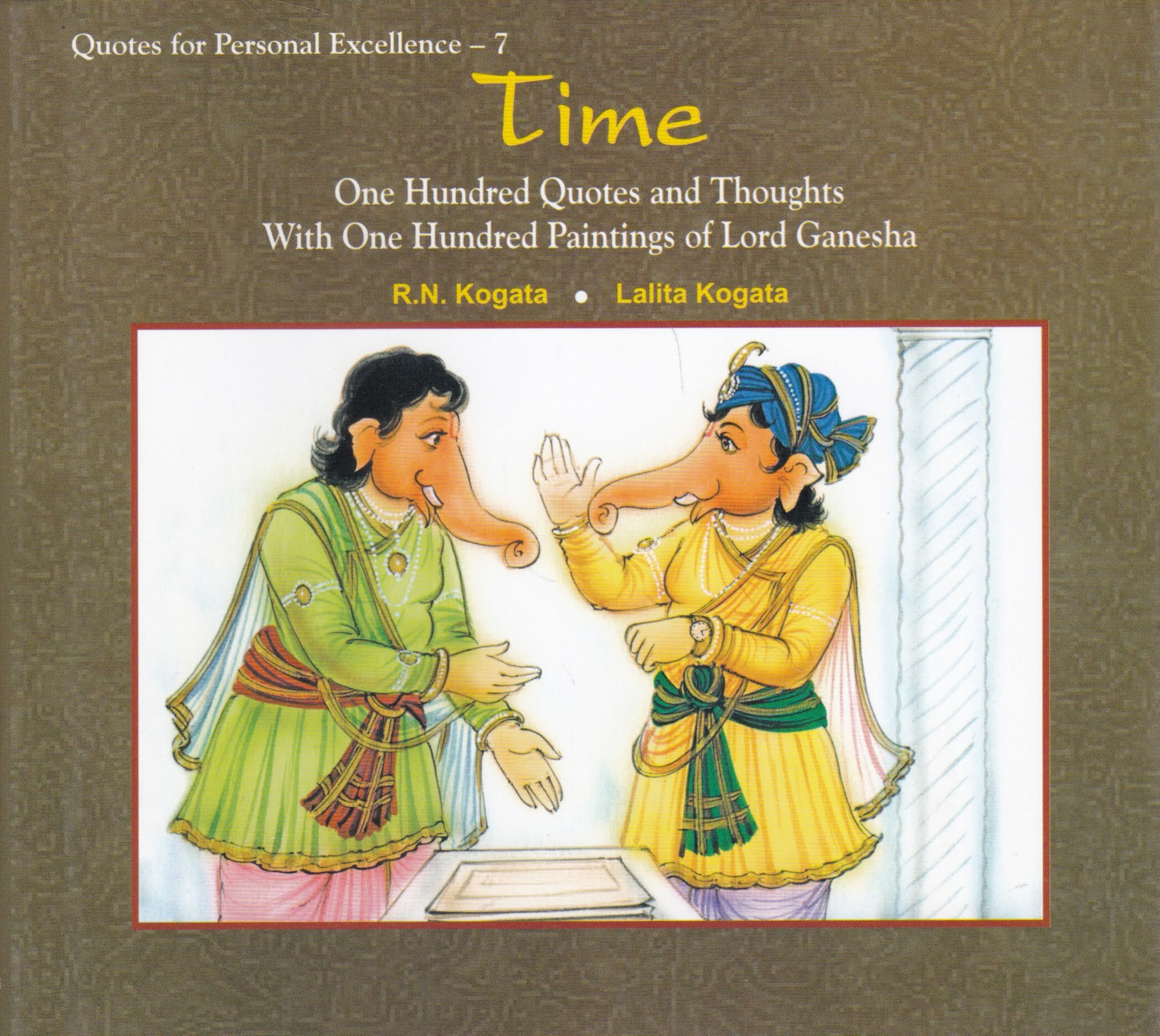

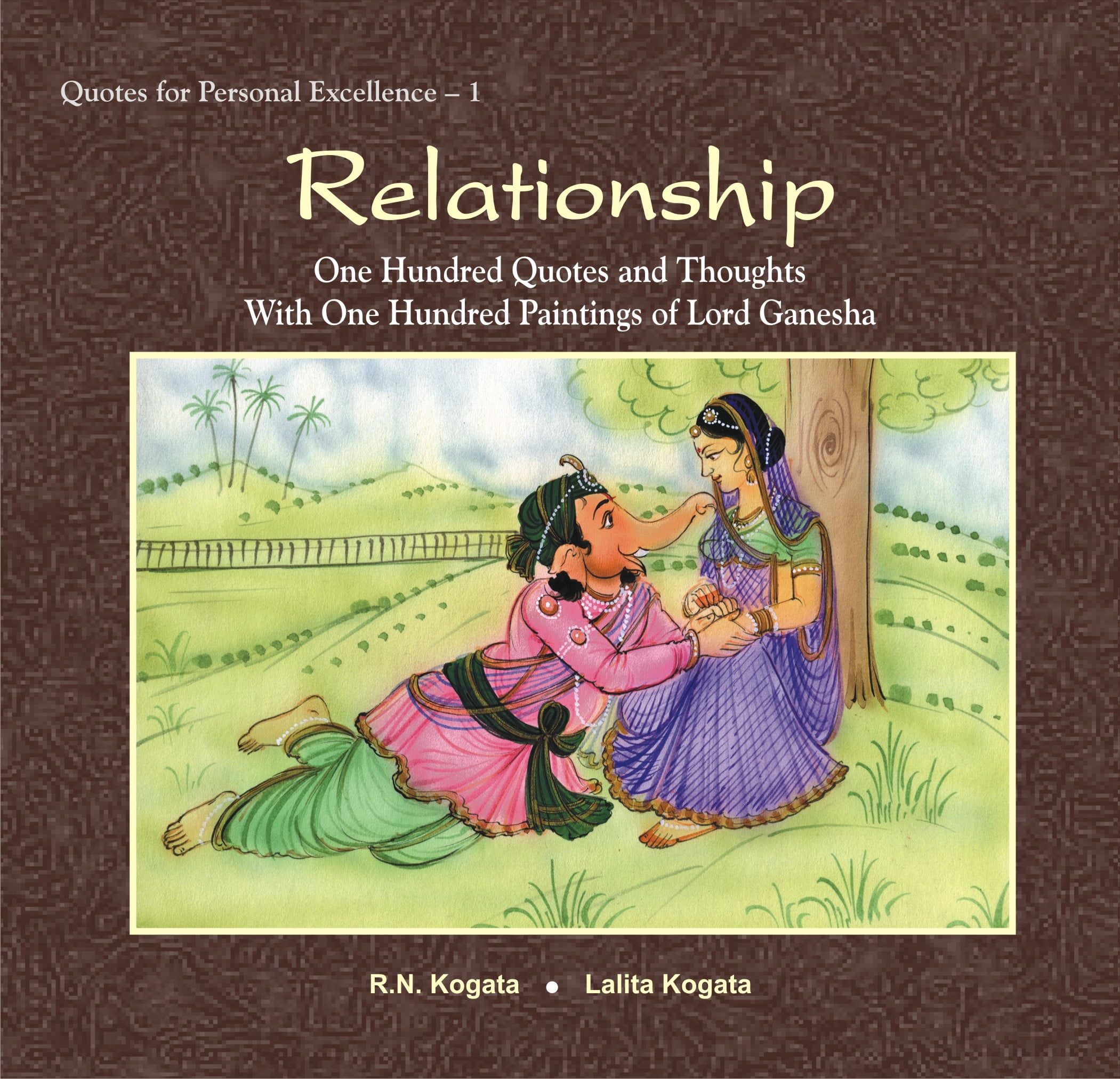
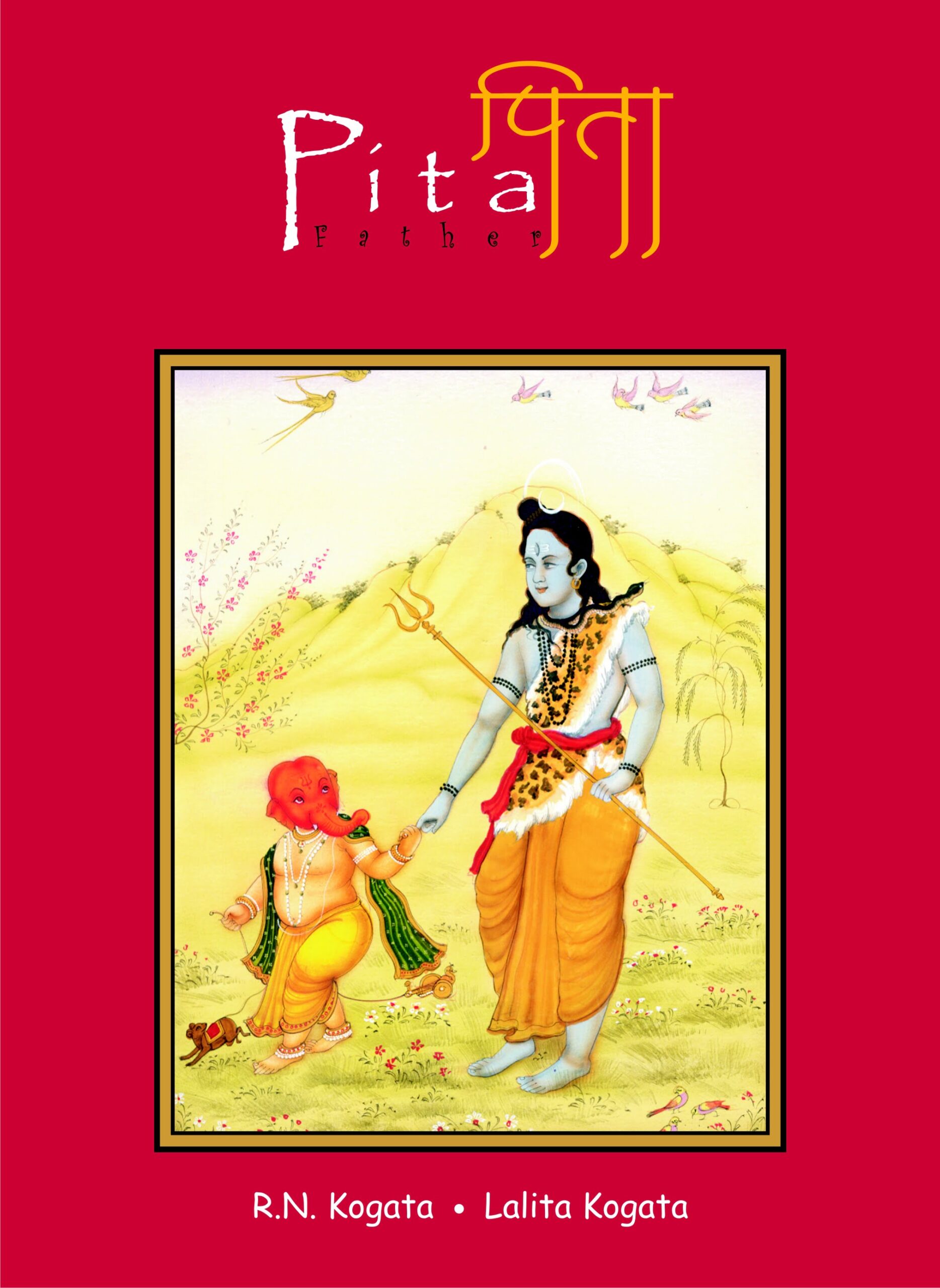

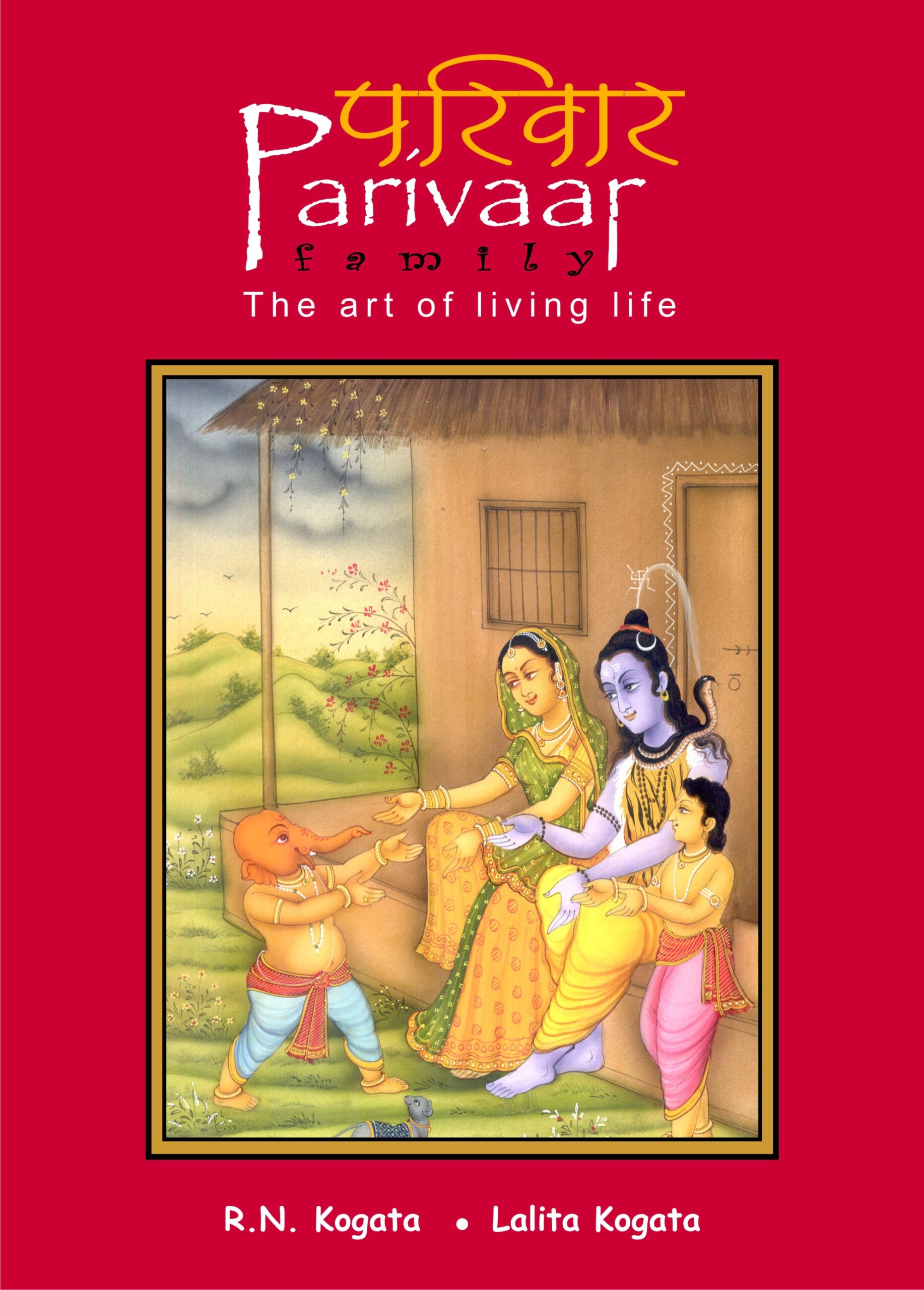
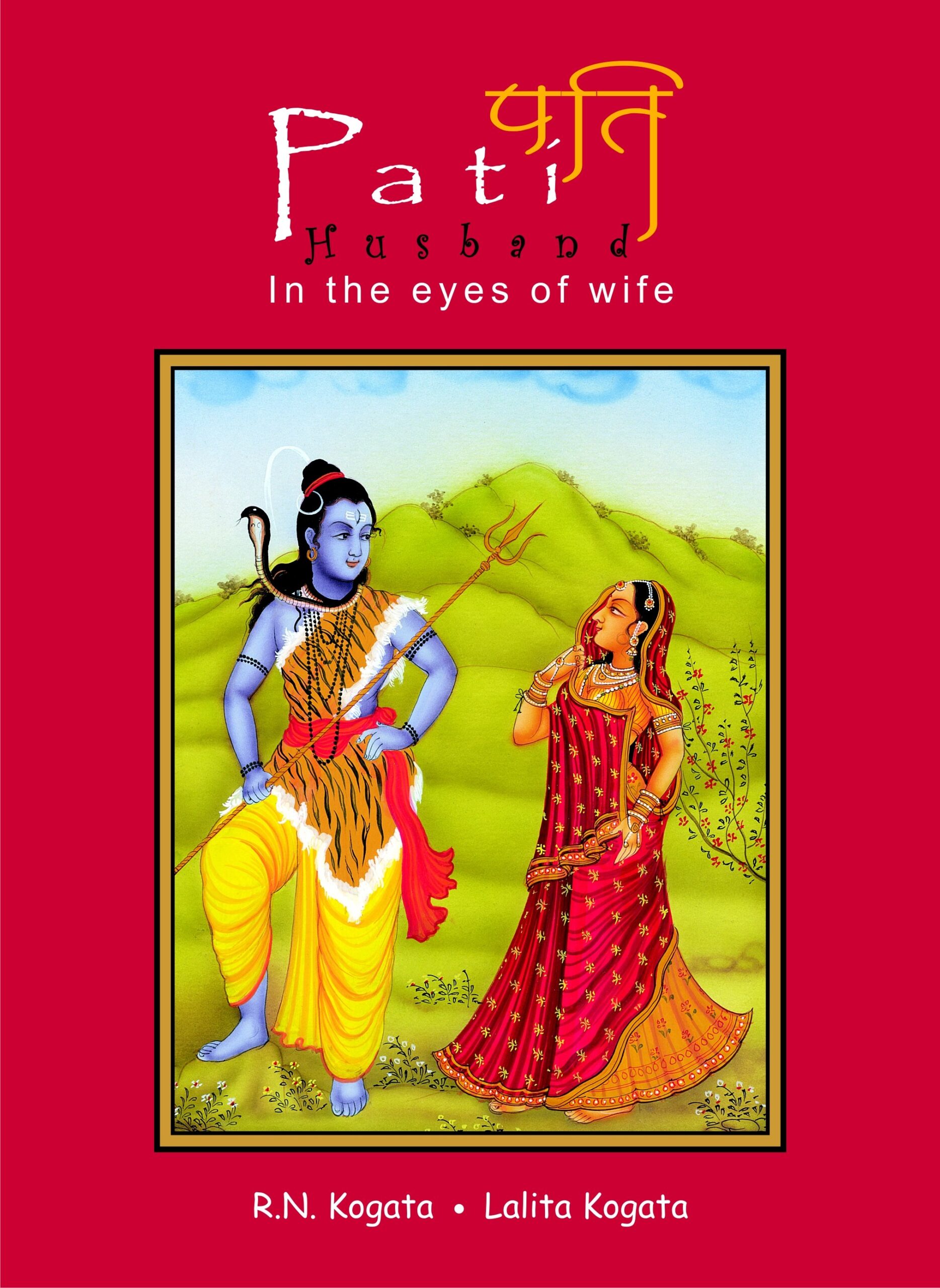
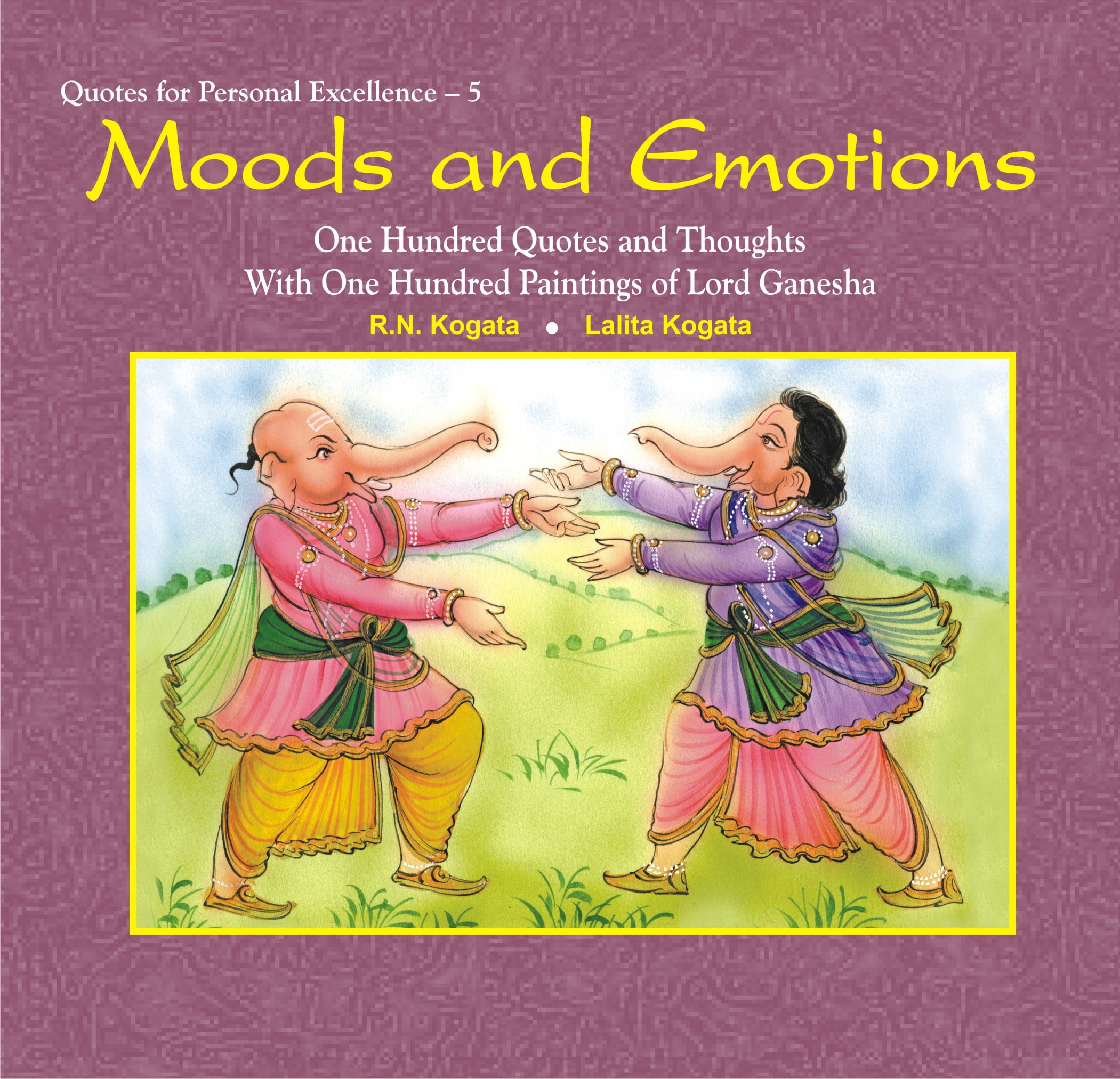
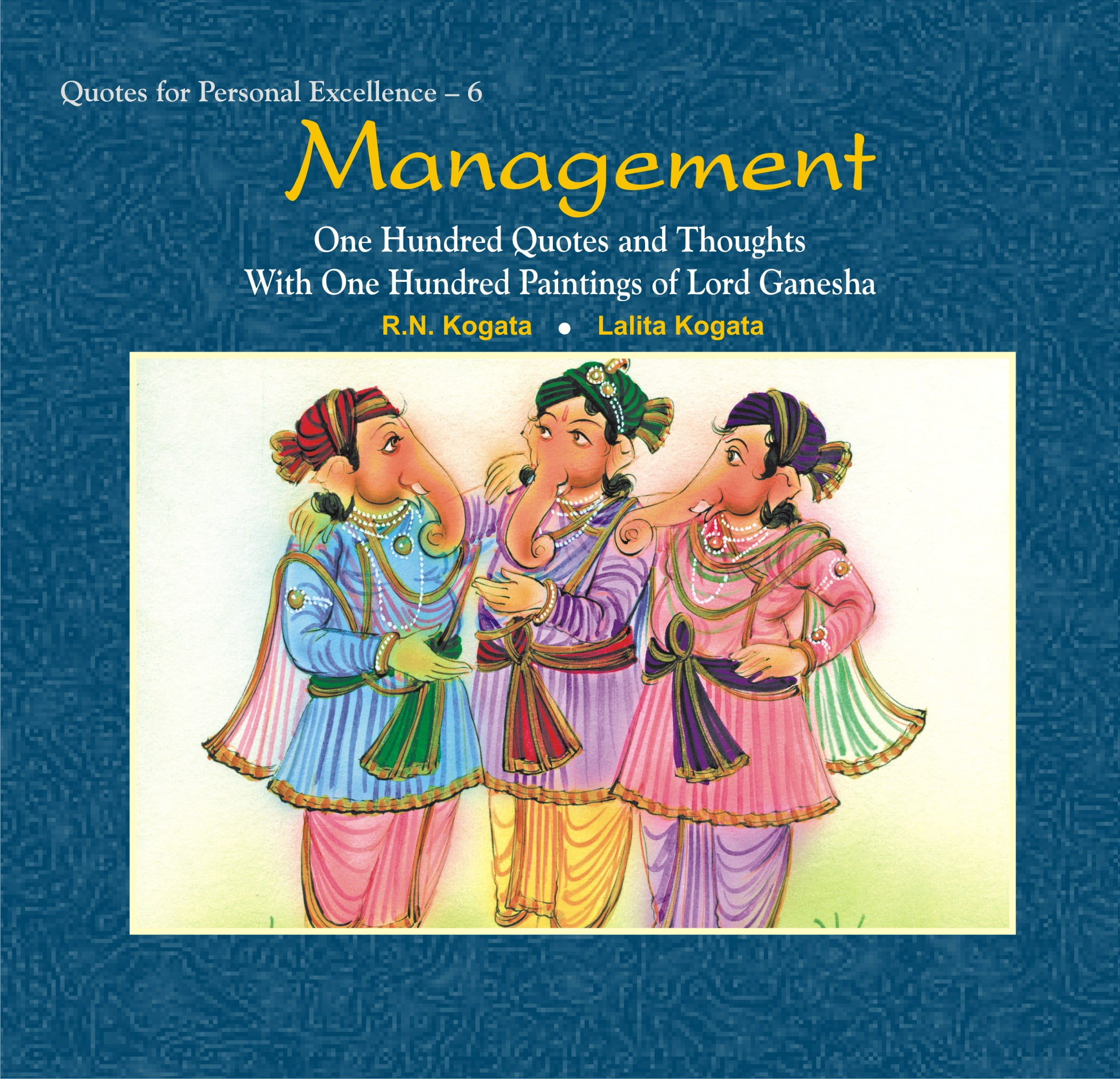


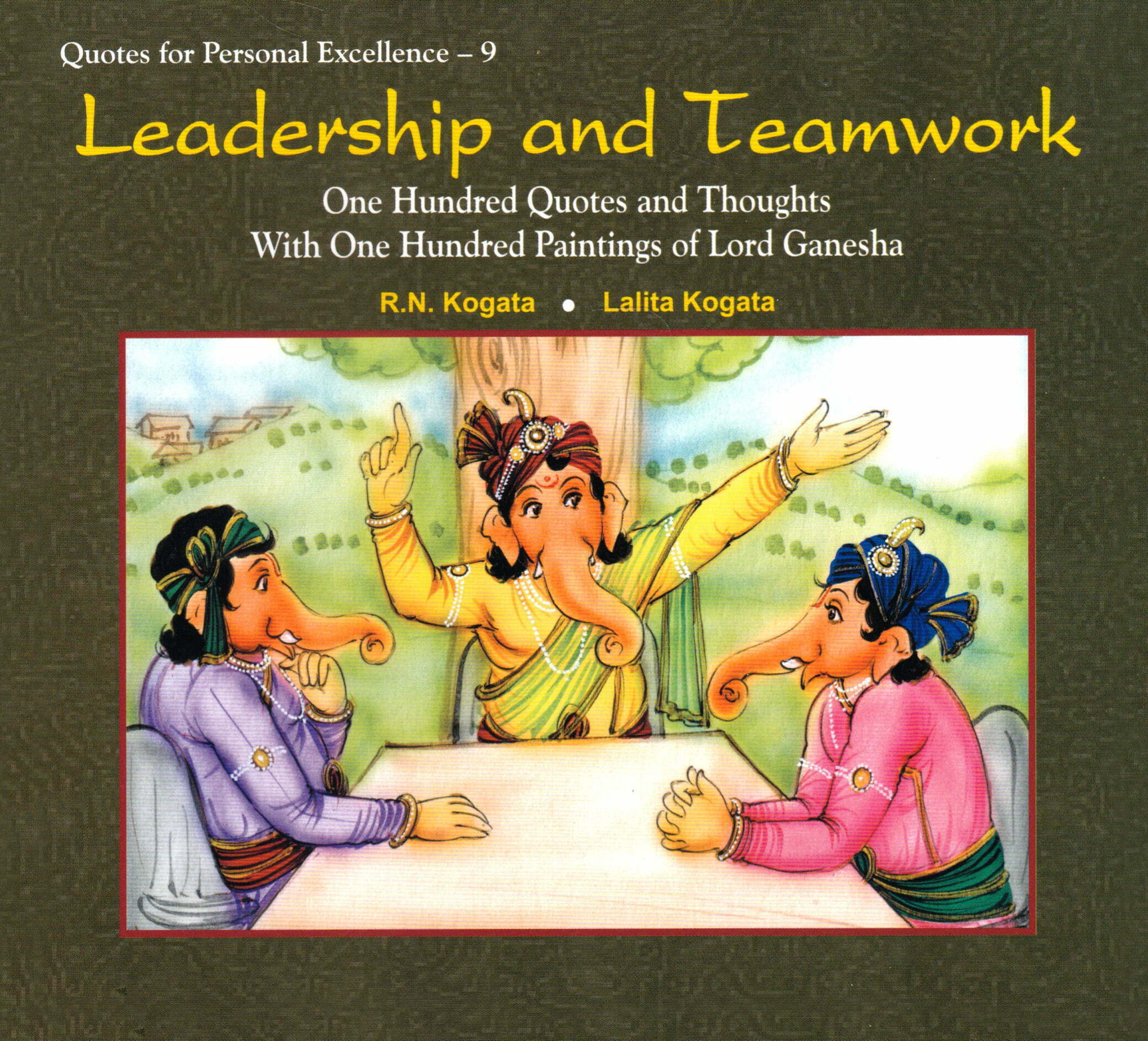


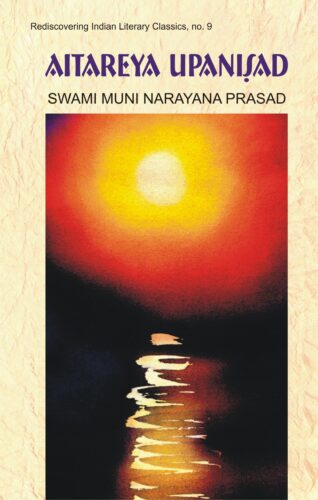

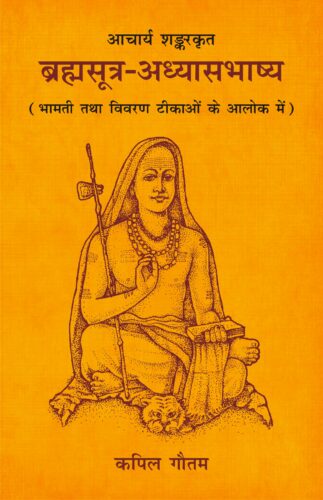
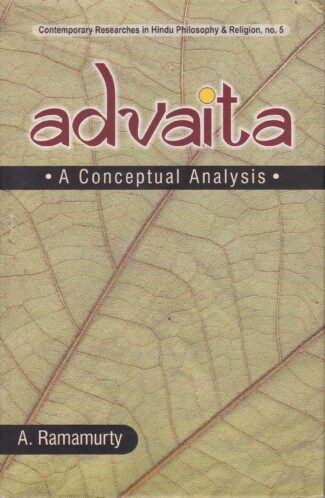
There are no reviews yet.